Author: Ben Moseley
-
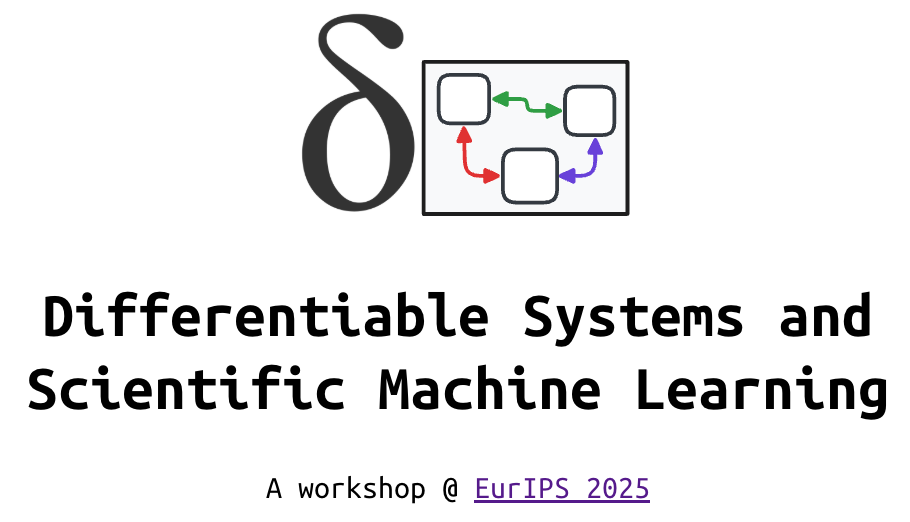
3 papers accepted at Differentiable Systems and Scientific Machine Learning workshop @EurIPS 2025
—
by
We are excited to announce we have 3 workshop papers accepted at the Differentiable Systems and Scientific Machine Learning workshop at EurIPS on December 6, 2025 in Copenhagen! Here are the papers: Hybrid Learning of Transport Equations with Differentiable Neural Solvers from Experimental Data, Arthur Jessop, Mohammed Alsubeihi, Ashwin Kumar Rajagopalan, Ben Moseley Learning Soil…
-

Dr. Ben Moseley gives workshop on scalable physics-informed neural networks at CWI Amsterdam
—
by
Dr. Ben Moseley taught students how to design scalable physics-informed neural networks at Centrum Wiskunde & Informatica in Amsterdam during their Autumn School on Scientific Machine Learning and Numerical Methods. The full workshop recording is now on YouTube, and the slides and practical exercises are on GitHub. Here’s what he covered:Session 1: Introduction to scientific…
-

We’re hiring PhD students!
—
by
Several PhD opportunities are available in our Scalable Scientific Machine Learning Lab at Imperial College London. These projects are eligible for Imperial PhD scholarships (open to both home and overseas students, with application deadlines between Nov–Jan). Current topics include: 🔬 Multi-scale simulation with physics-informed neural networks🧠 Brain ultrasound imaging with diffusion-guided full-waveform inversion🌍 Learning fast…
-
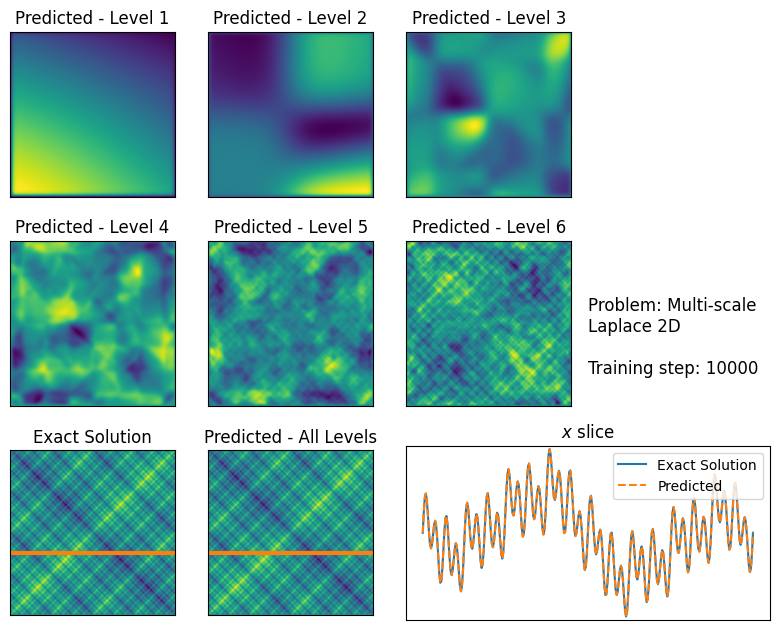
Multi-scale simulation with physics-informed neural networks
—
by
Overview Physics-informed neural networks (PINNs) have emerged as a promising tool for solving differential equations. They have been applied to many scientific problems and a large number of approaches extending their capabilities have been proposed. PINNs work by using a neural network to directly approximate the solution and training it to satisfy the differential equation.…
-
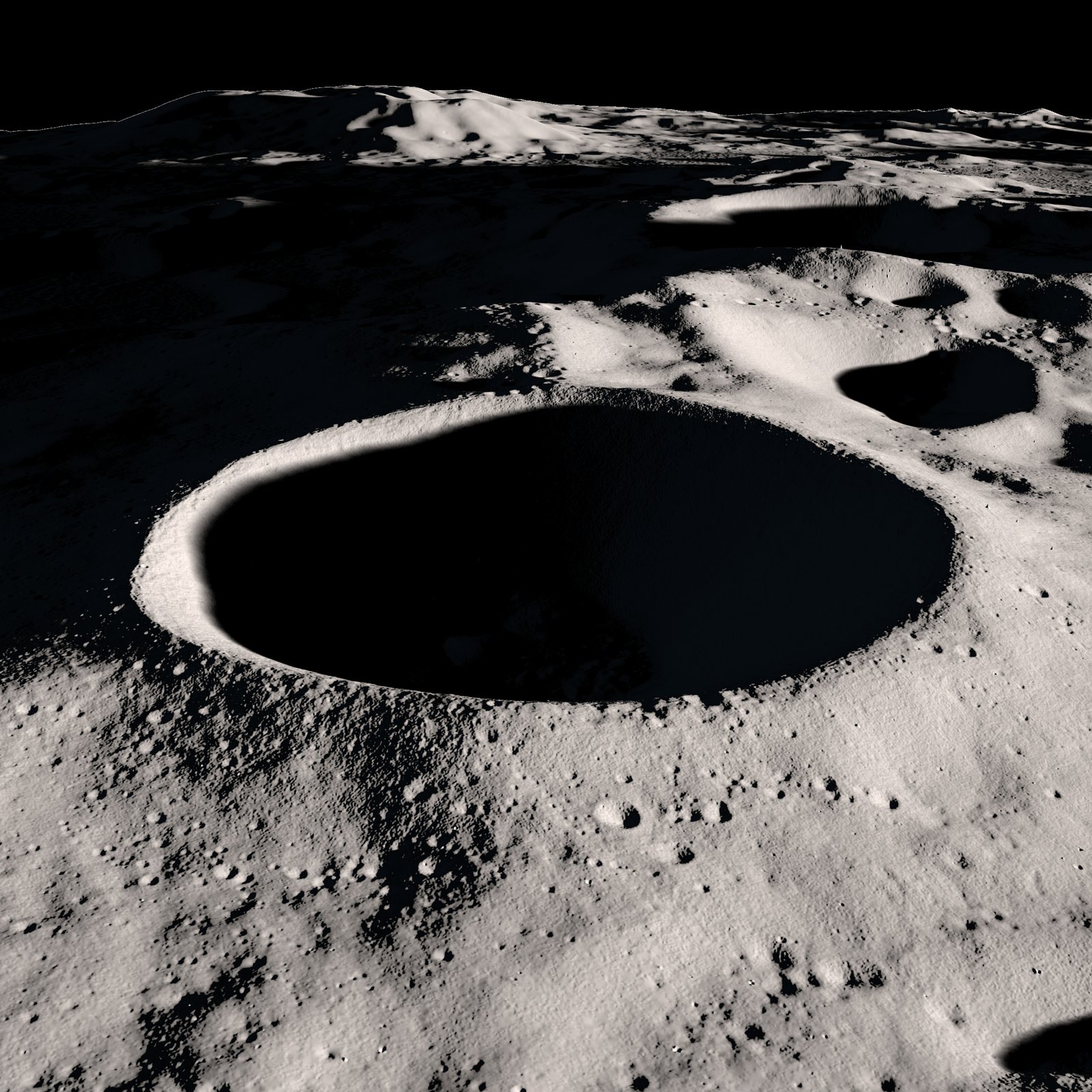
SciML-enhanced planetary exploration: advancing lunar and martian imaging
—
by
Overview Scientists and engineers leading missions like NASA’s Artemis program and future Mars expeditions, along with planetary researchers studying our solar system’s evolution, rely heavily on high-resolution imaging to plan missions and study planetary bodies and moons. However, the orbital cameras capturing these images operate in extreme environments, and challenges like extremely low-light illumination over…
-
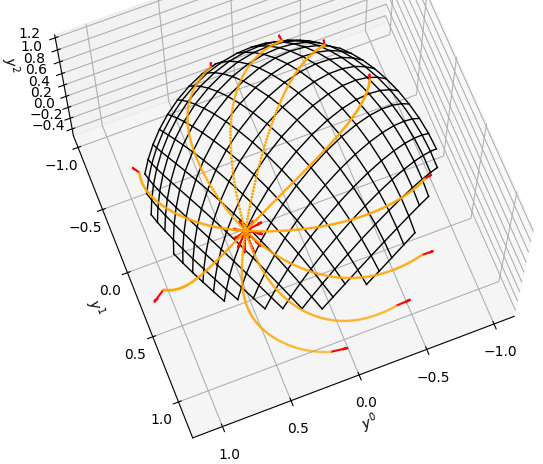
Machine learning with geodesic flows
—
by
Overview Many physical, biological and engineering systems evolve over time according to geometric laws, for example planets follow elliptical orbits shaped by gravity, and fluids swirl along streamlines governed by curvature and vorticity. A central challenge in modern machine learning is to model these dynamics faithfully and efficiently, especially in cases where the underlying structure…
-
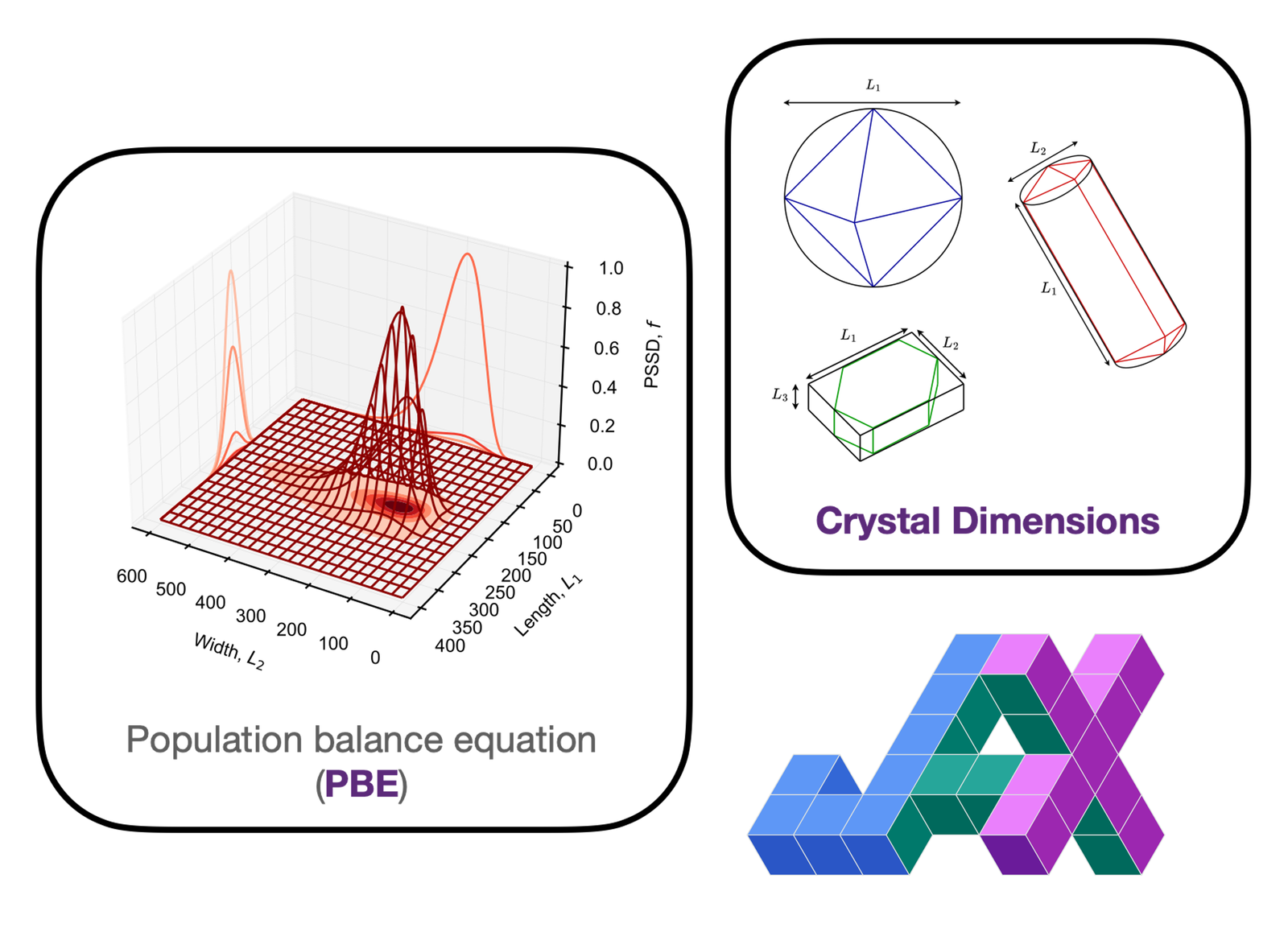
Efficient and differentiable population balance modelling with JAX
—
by
Overview Population balance equations (PBEs) are used to model the evolution of populations of particles over time, such as in crystallisation processes, chemical reactors, and biological cell growth. Solving these equations are crucial in sectors like pharmaceuticals, where they allow us to optimise manufacturing processes involving crystallisation and shorten drug development timelines. However, traditional PBE…
-

Extending quantum theories with AI
—
by
Overview Quantum theory is incredibly powerful for predicting the probabilities of what we’ll see in experiments, but it cannot tell us the certain outcome of a single experiment. That is to say, current quantum theory states that the universe is inherently random. Whether or not this is the case, and whether it is possible for…
-
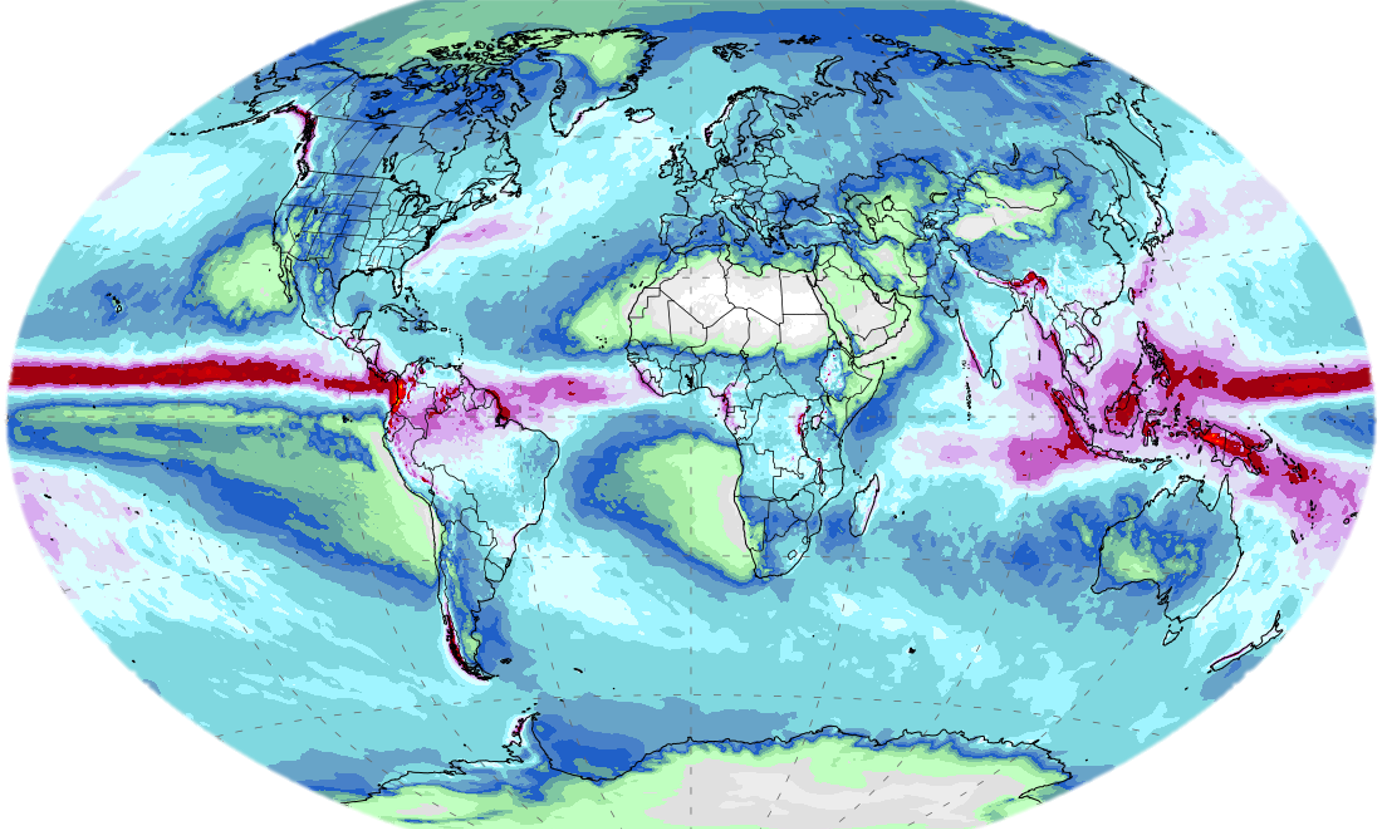
Weather and climate modelling with neural differential equations
—
by
Overview This is a new direction for the lab – more to come! Team & collaborators
-

So, what is scientific machine learning?
—
by
Scientific machine learning (SciML) is an interdisciplinary field that merges the power of machine learning with traditional scientific methods. The field develops techniques for scientific research which combine physics-based knowledge, like mathematical equations and models, with data-driven learning techniques, like deep neural networks. These new techniques help us solve complex scientific problems that are computationally…
